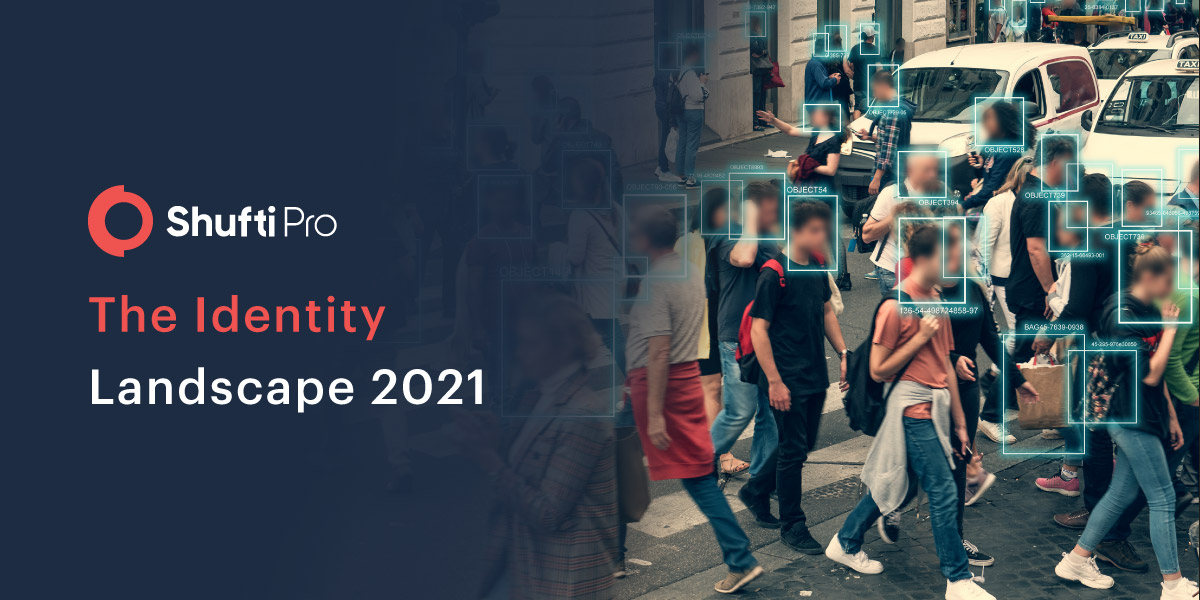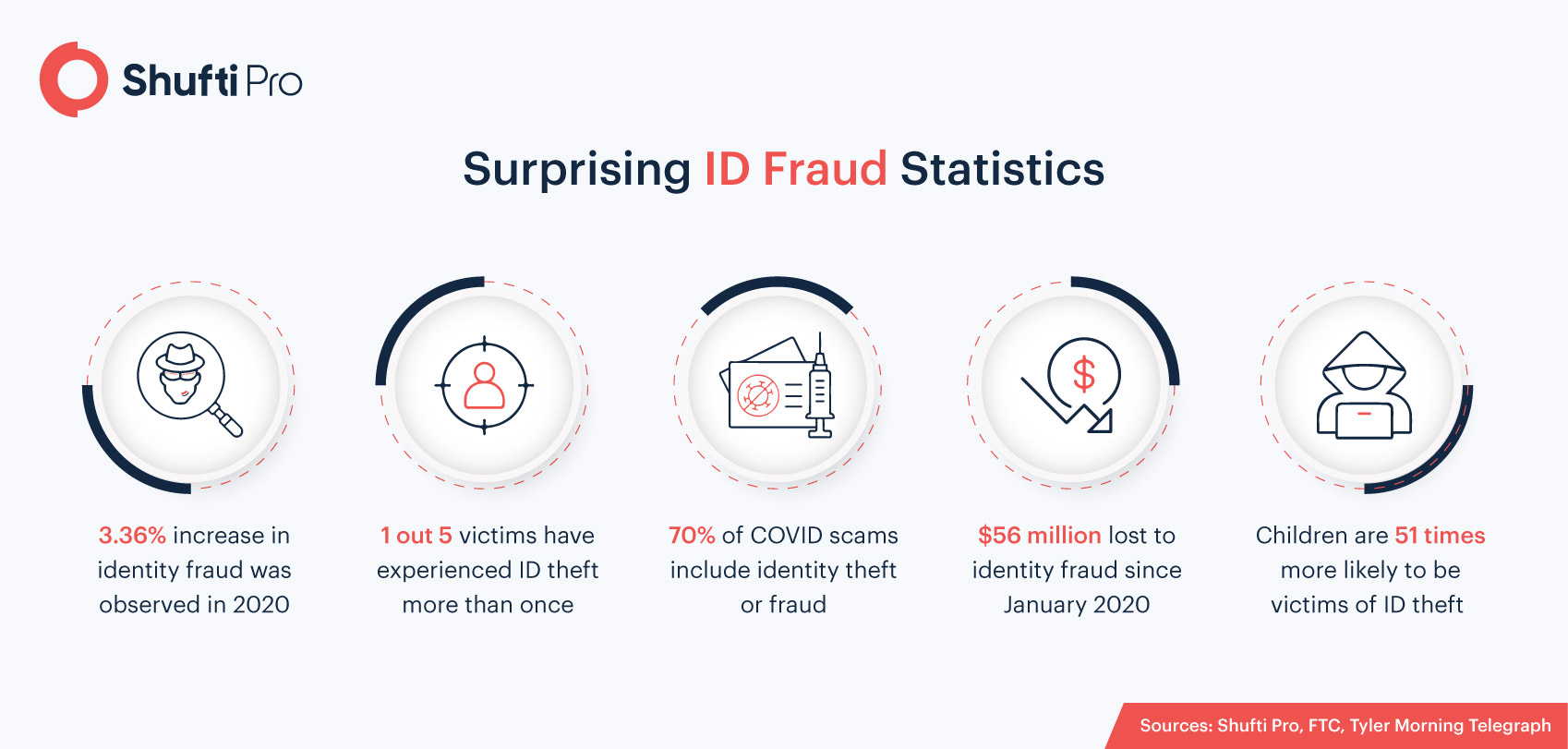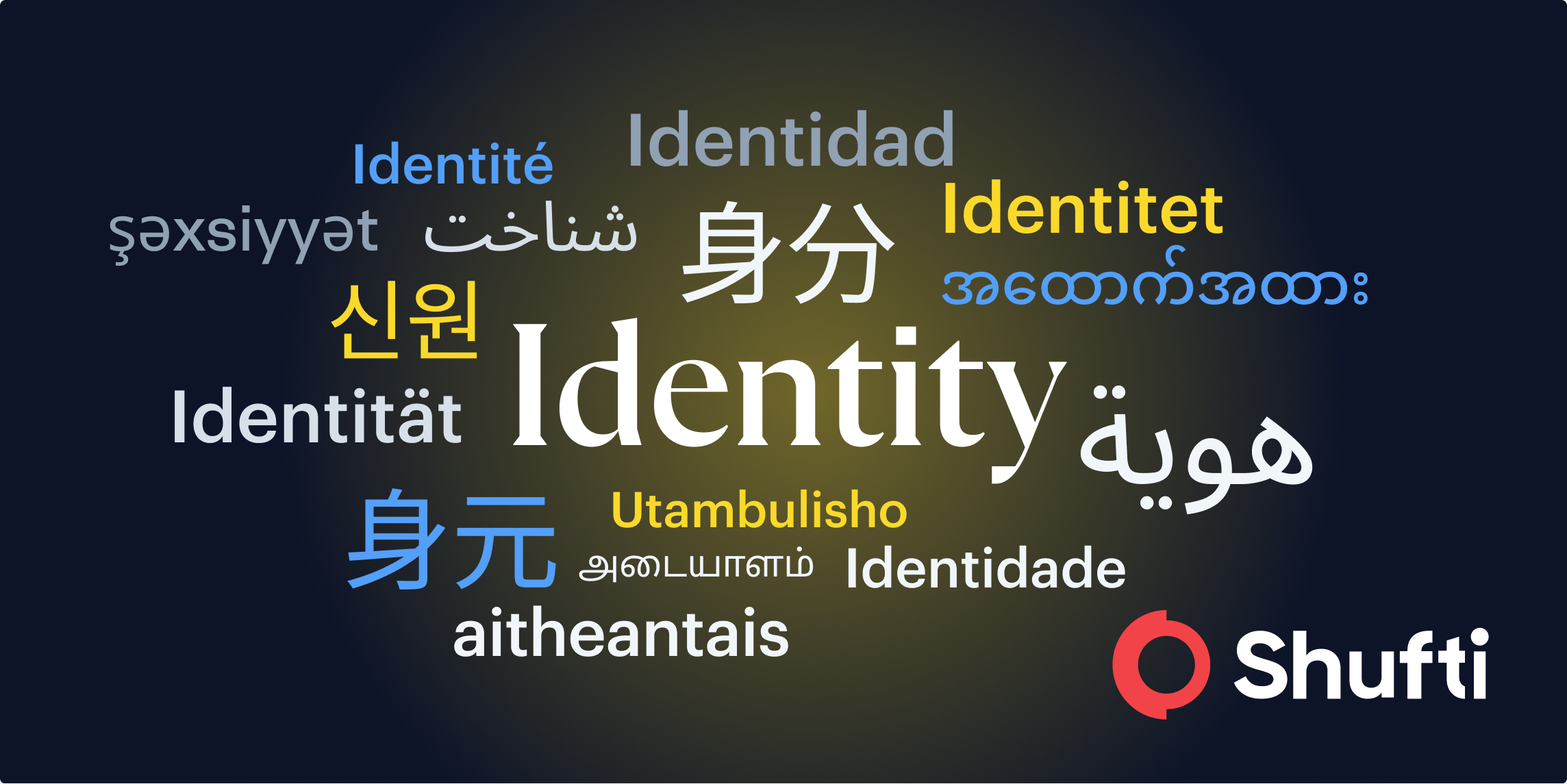Blog
NFC – Building New Grounds for Identity Verification
Near Field Communication (NFC) is based on the famous RFID technology. In 2002, Nokia was the fir...
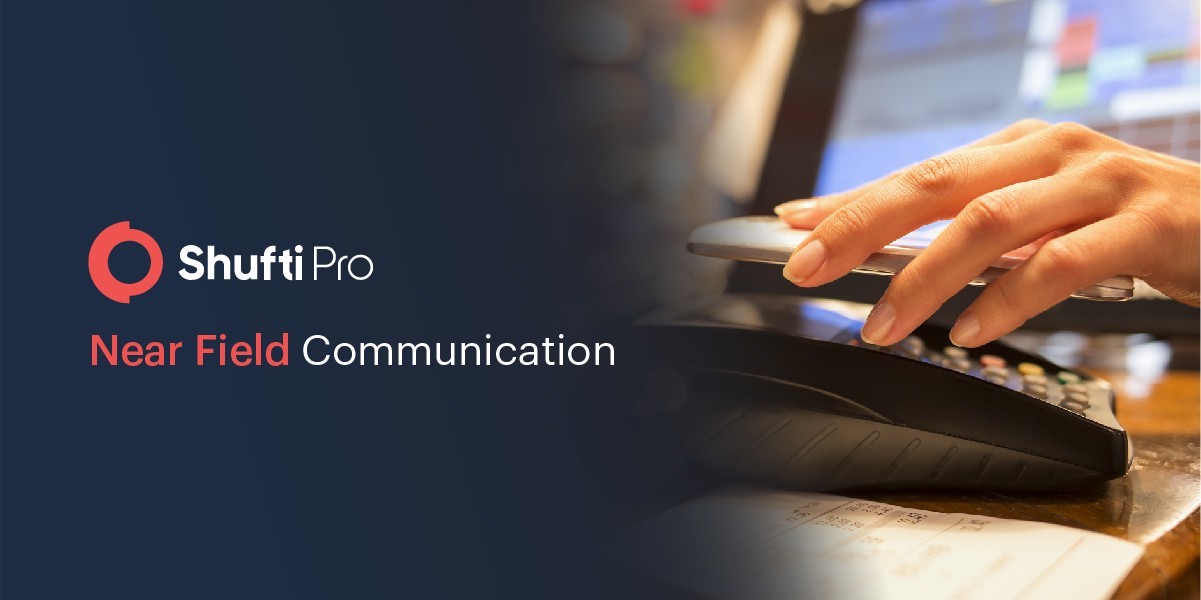 Explore More
Explore More
Blog
Protecting eCommerce Platforms and Mitigating Crime Risks with Shufti’s IDV Solution
The term e-commerce was tossed back in the 1960s, with the rise of electronic commerce in which t...
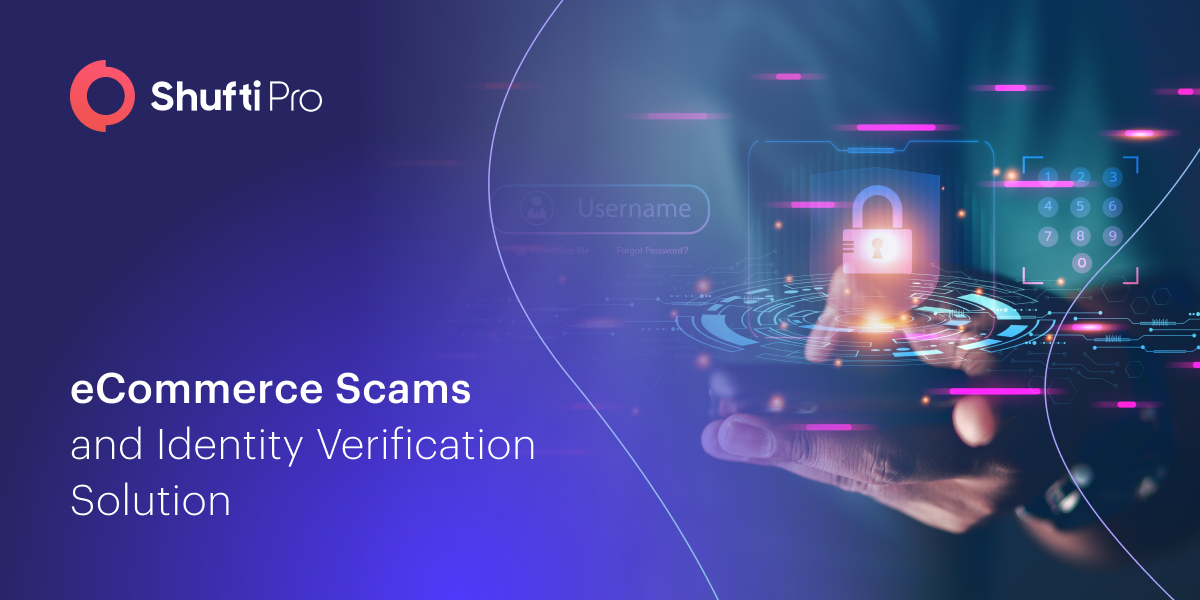 Explore More
Explore More
Blog
Enhancing the Effectiveness of KYC Checks with Shufti’s Forensic Document Verification
With emerging technologies and rapid digitization, identity fraud has become quite common, raisin...
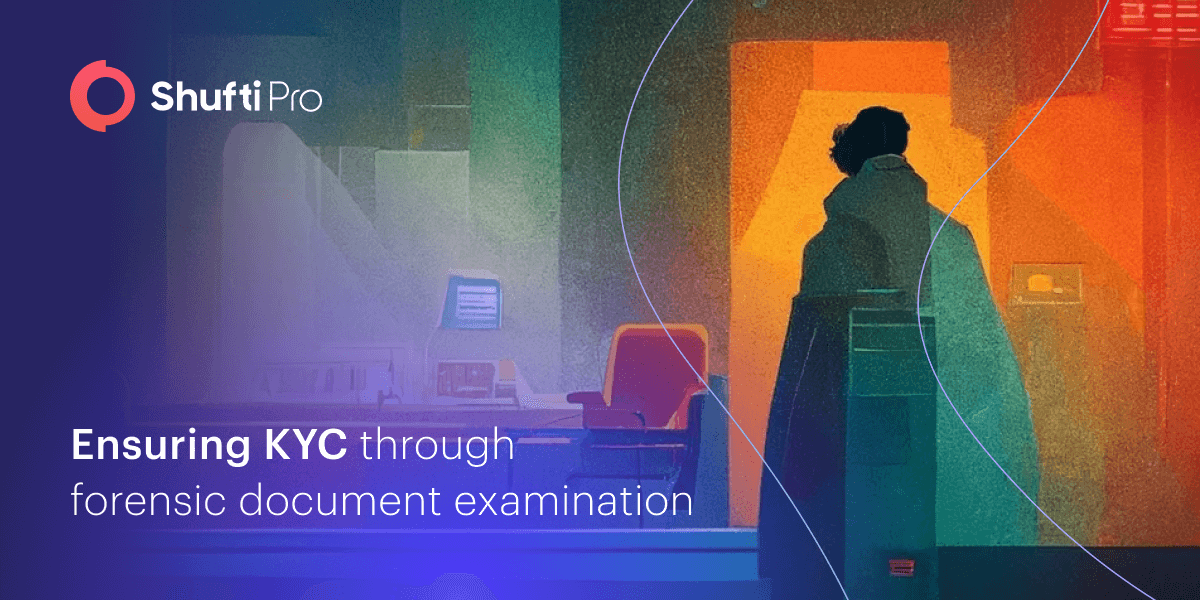 Explore More
Explore More
Blog
Japan’s AML/CFT Assessment – August 2021 Report
Financial crime is soaring sky high with digitisation becoming a part of our daily lives. Cyber a...
 Explore More
Explore More
Blog
KYC/AML Compliance – A Roadblock for Money Mules and Illicit Fund Transfers
Cybercrimes are becoming increasingly complex and diverse in the era of digitization, with frauds...
 Explore More
Explore More
Blog
OCR Vs. ICR: The Key Differences that Businesses Need to Know
Financial institutions need to have reliable and efficient data management. With such a system, t...
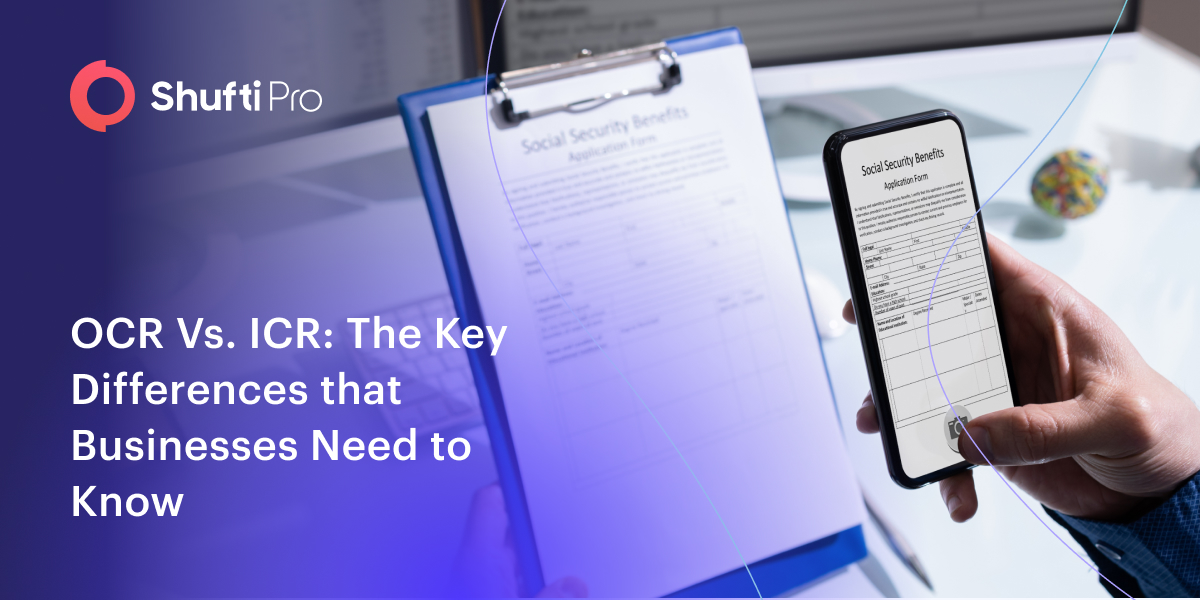 Explore More
Explore More
Blog, Business Technology, Online Marketplace
Asian Banks push for greater Fintech to cut down AML Compliance cost
Asian Banks are now asking their regional and national regulators to allow more fintech in order ...
 Explore More
Explore More
Blog
Transaction Screening Vs Transaction Monitoring | What’s the Difference?
Transaction screening and transaction monitoring are critical in money laundering, counter-terror...
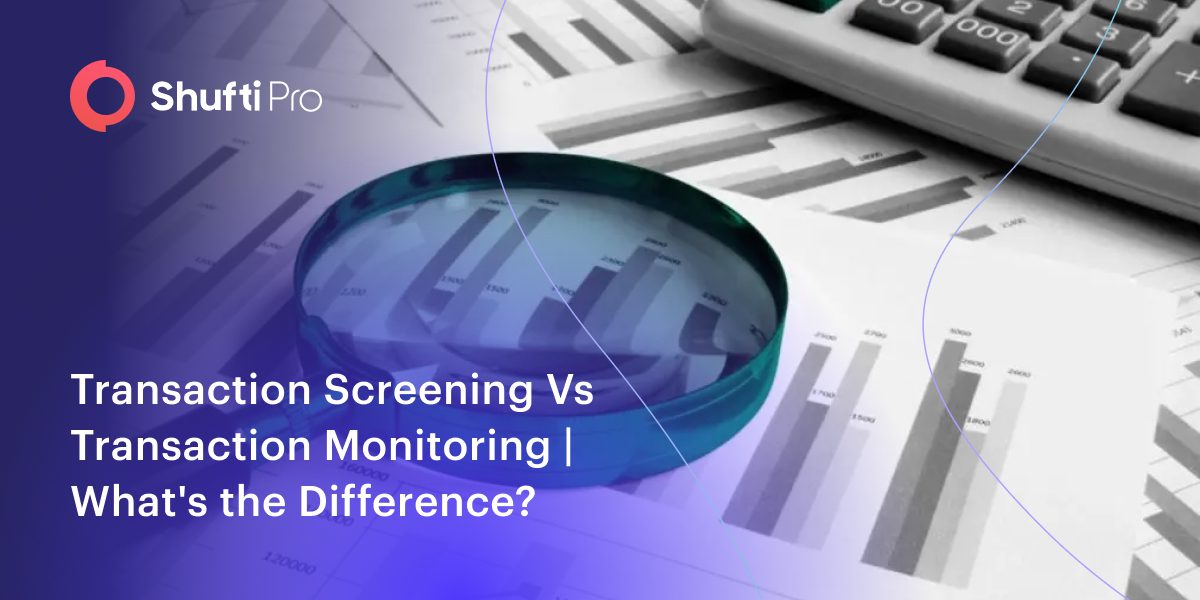 Explore More
Explore More
Blog
Global KYC and AML Regulatory Updates To Watch for in 2022
In 2022, the world continues to experience the serious aftermath of the coronavirus pandemic, yet...
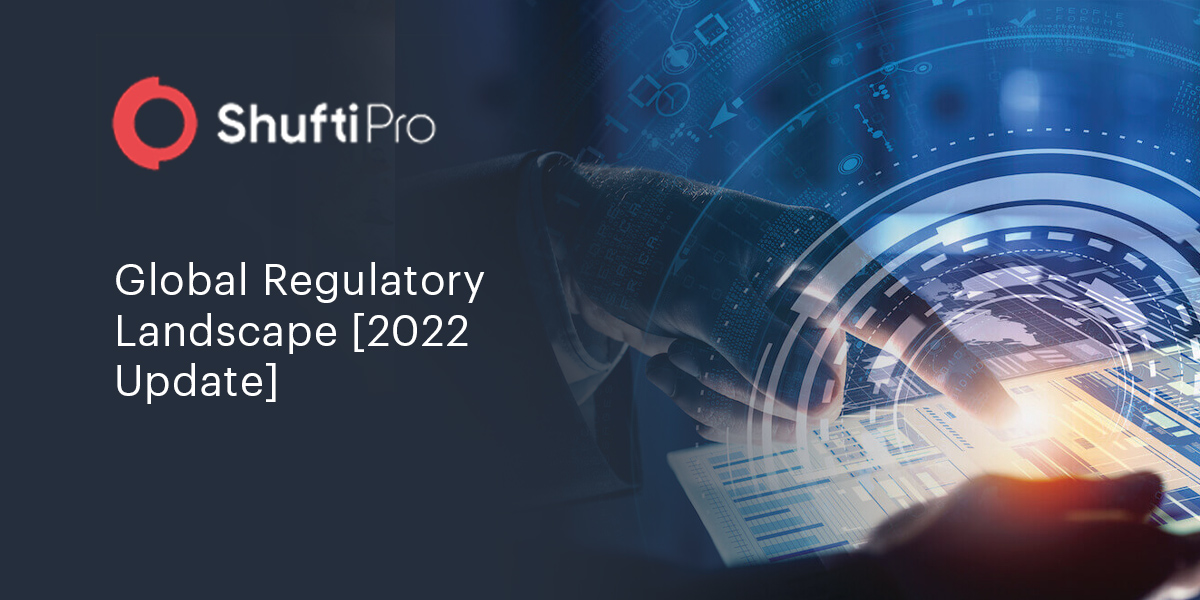 Explore More
Explore More
Blog
AML & KYC Compliance – 5 Ways AI is Supporting the Fight Against Financial Crimes
Reforming AML & KYC Compliance Structures for Financial Institutions
The capabilities ...
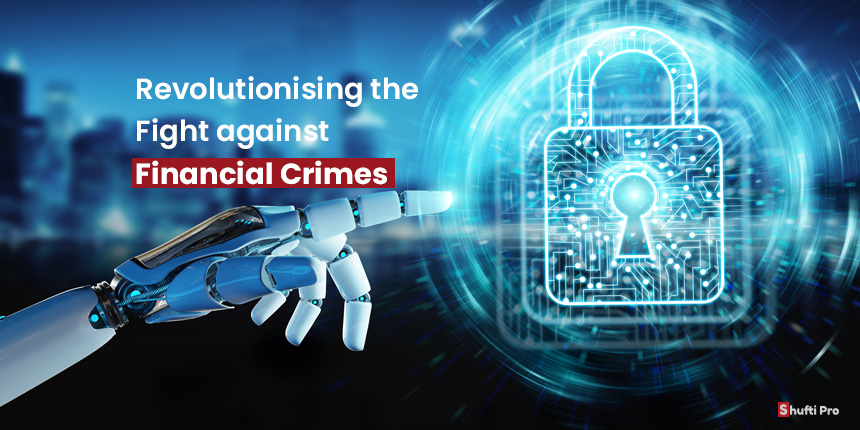 Explore More
Explore More
Blog
Securing Identities with Photo ID Verification
ID verification has seen unprecedented growth not only in the processes but also in the crime com...
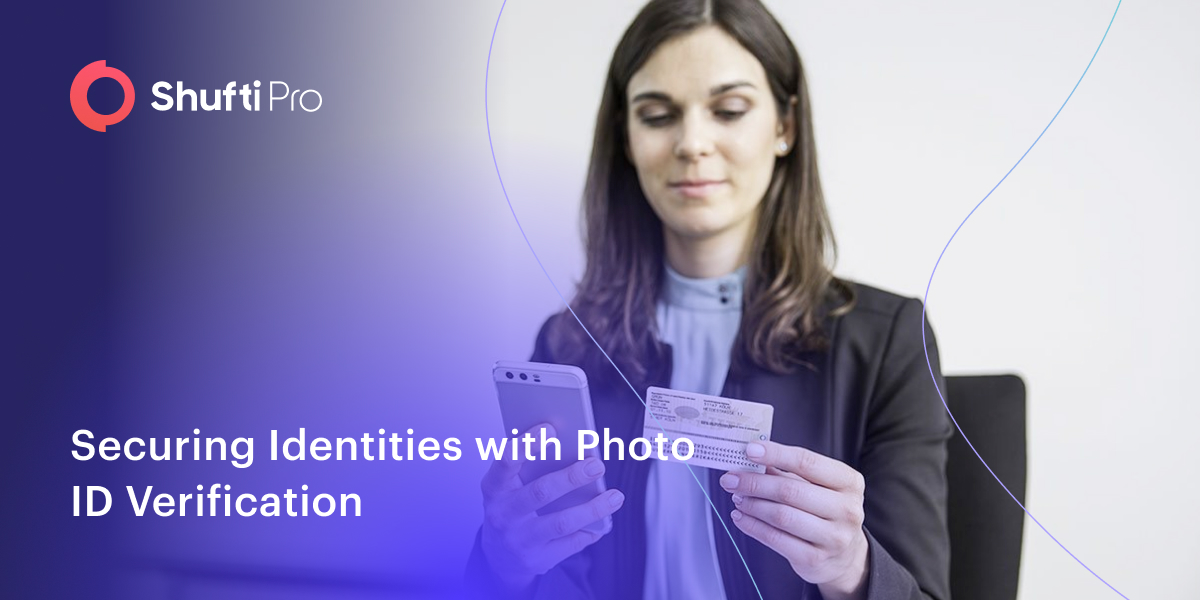 Explore More
Explore More
Blog
Prevailing Identity Fraud in Telecom Sector – How Shufti Can Reduce the Risks
The telecommunication industry holds significance for the information sector as it is primary inf...
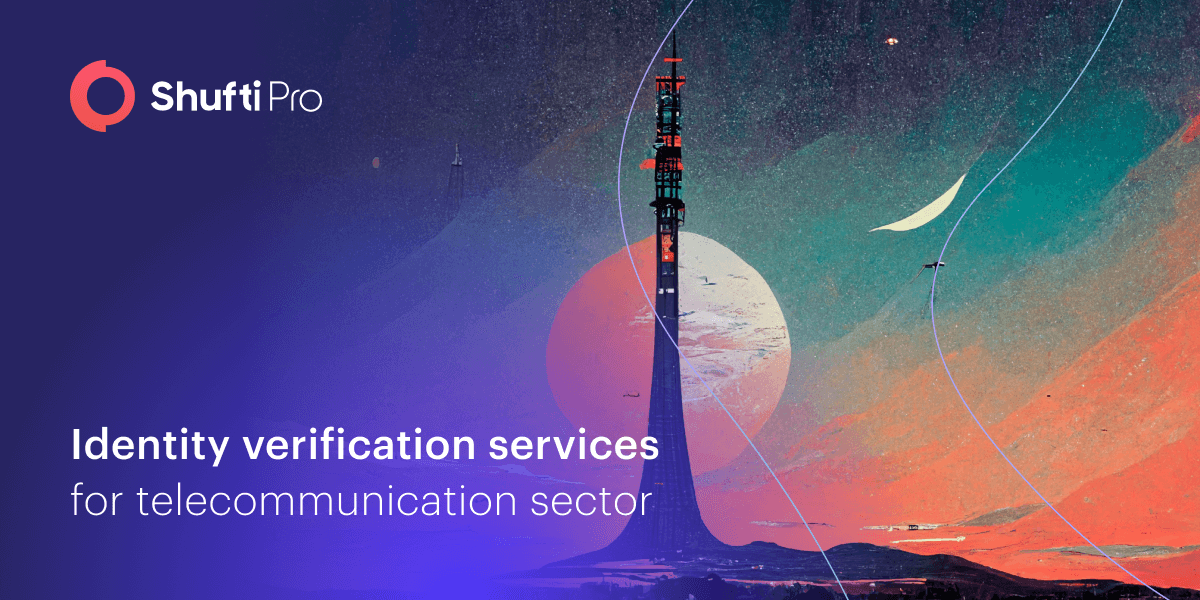 Explore More
Explore More
Blog
CBN Regulatory Regime – New KYC/AML Requirements Payment Services Banks
With the increased risk of financial crime, banks and other financial institutions within a state...
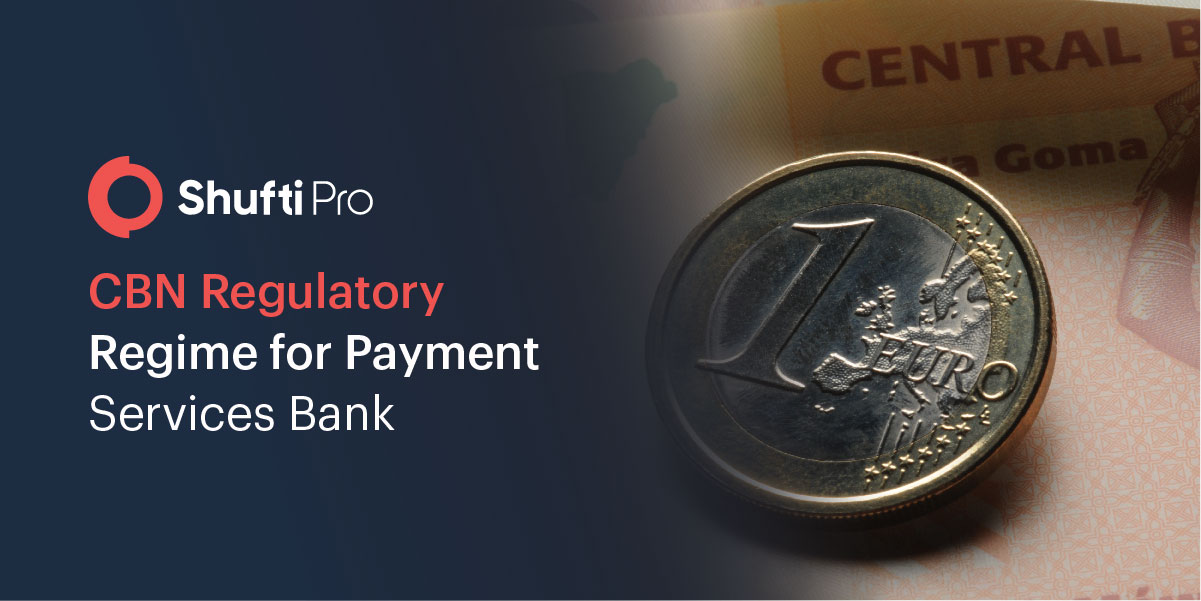 Explore More
Explore More
Blog
Enhancing security in the cryptocurrency world with KYC verification
Almost 20 years after the legislation on combating money laundering, regulators around the world ...
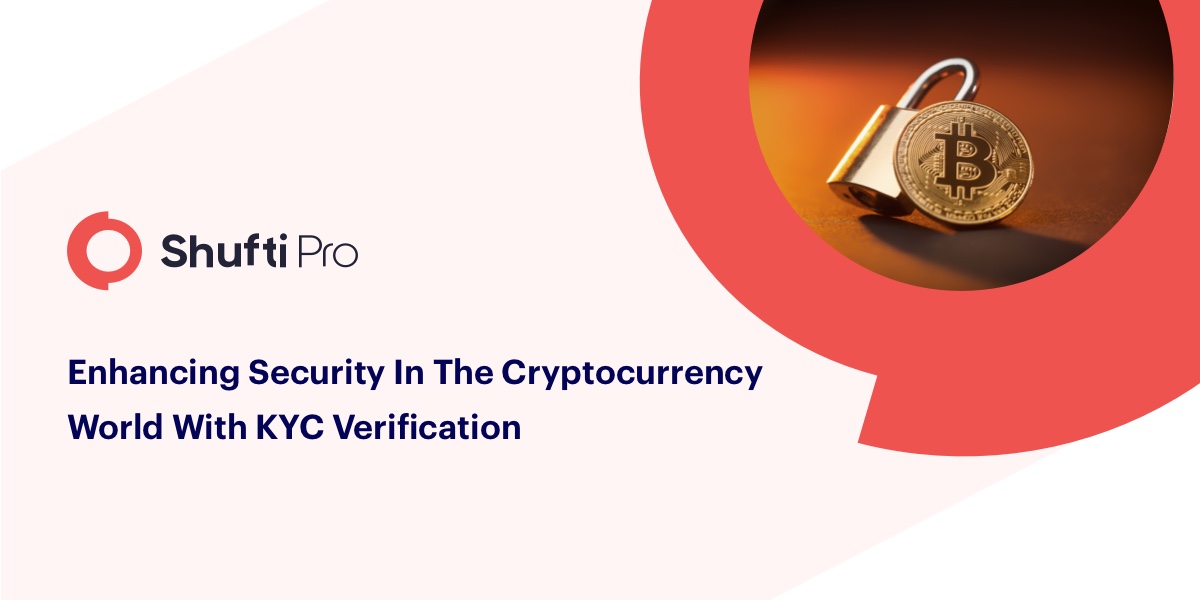 Explore More
Explore More
Blog
Fighting identity fraud with AI-enabled ID document verification
It’s no secret that identity fraud has become one of the most increasing problems for online busi...
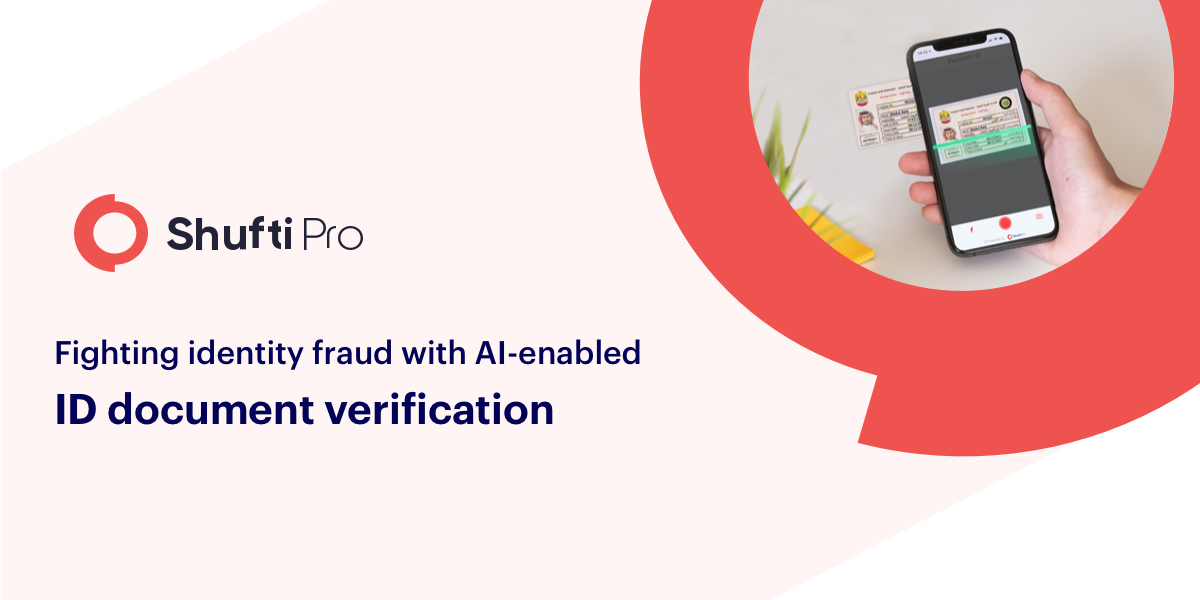 Explore More
Explore More
Blog
Mounting Cases of Money Laundering through Digital Currencies in 2021
Even though cryptocurrencies like Bitcoin, Ethereum, and Dogecoin are increasing rapidly, yet the...
 Explore More
Explore More
Blog
AML Screening for Online Gambling Platforms – Placing the Bets on Regulatory Compliance
With technology evolving every day, online gambling is one of the sectors that has revolutionized...
 Explore More
Explore More
Blog
Post COVID-19 – What are the alternatives to fingerprint biometrics for identity verification?
The way things are headed, there is no doubt about the fact that the world will be a different pl...
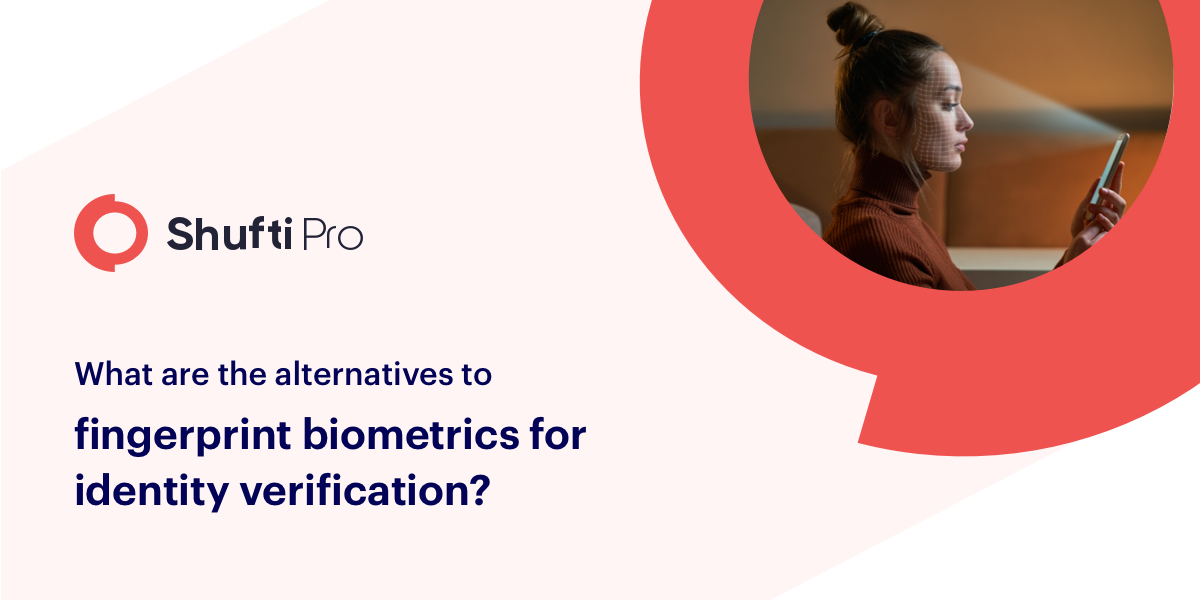 Explore More
Explore More
Blog
The Crucial Role of Know Your Customer (KYC) in Gaming
The gaming sector has grown exponentially since the first arcade games of the 70s. Surpassing mus...
 Explore More
Explore More
Blog
KYC For Sharing Economy – Building a Safe & Trusted Environment that Retains Customers
“Sharing Economy” is a term that has become popular in recent years, and the current digital worl...
 Explore More
Explore More
Blog, Financial Crime / AML
What is PEP Compliance and Why do Financial Institutions Need it?
For Politically Exposed Persons (PEPs), an inter-governmental body established in 1989, Financial...
 Explore More
Explore More
Biometric Technology, Blog
How Liveness Detection is an apt Answer for Facial Spoof Attacks?
The world went haywire on the launch of the new iPhone X; well, to be honest, when does it not? H...
 Explore More
Explore More
Blog
A Brief Insight Into Anti-Money Laundering (AML) Regulations in Colombia
Money laundering has become a global issue, and almost all countries are facing this threat in va...
 Explore More
Explore More
Blog, Online Marketplace
Nordic Banks brace for Digital KYC with centralized Database
Five major Nordic banks have formed a partnership to establish a company that will compile a cent...
 Explore More
Explore More
Blog
Reshaping Travel and Tourism with Instant Facial Recognition
Few technologies have sparked much debate as much as facial recognition. Today, it is considered ...
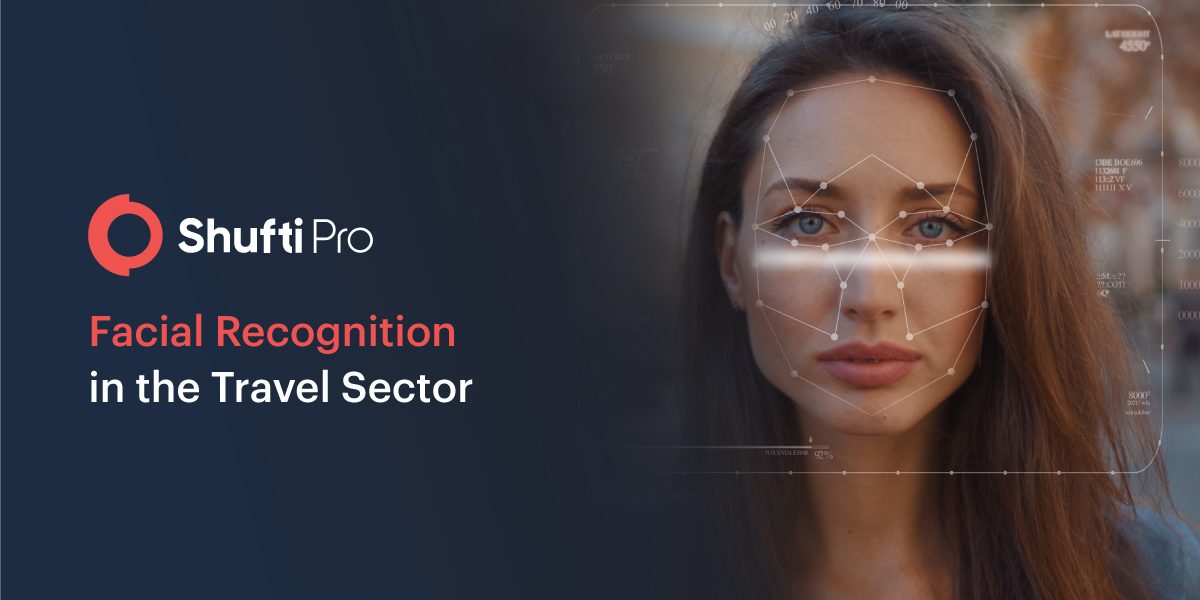 Explore More
Explore More
Blog
Know Your Investor (KYI) – Identifying and Eliminating Russian Sanctions Evaders
For quite some time, wealthy Russian businessmen and oligarchs have been investing their money in...
 Explore More
Explore More
Blog
Case Study: How Shufti anchors Rapid Global Expansion for BigCash, a Popular Gaming Technology Platform
Witzeal Technologies, India’s leading gaming platform BigCash, with its 40 million+ users and 1.5...
 Explore More
Explore More
Blog
Online Identity Verification – How to Secure Online Gaming & Gambling Platforms
Online gambling is the way to go for betting enthusiasts nowadays and brings both convenience and...
 Explore More
Explore More
Blog
Basel AML Index 2021 – Evaluating the Risk of Money Laundering Worldwide
The threat for money laundering and terror financing continue to increase with global anti-money ...
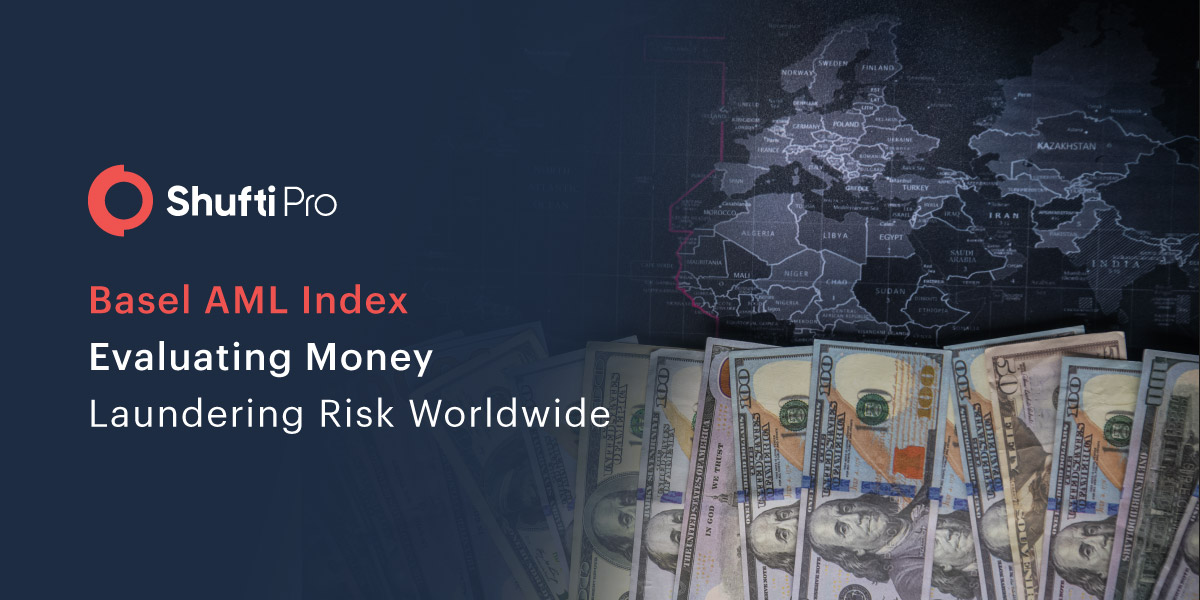 Explore More
Explore More
Blog
Video KYC in 2025: What It Is, How It Works & Why It Matters
Introduction
Lockdowns pushed remote onboarding from nicety to necessity, turning video KYC into ...
 Explore More
Explore More
Blog, Fraud Prevention
Face Verification Technology Grooving in the Education Sector
We are now in a golden age of face recognition. The main reason for rapid adoption is recognition...
 Explore More
Explore More
Blog
The State of Fraud Detection & Prevention in 2024 | Ready, Set, Fraud
Since the dawn of the internet in the 90s, we’ve witnessed multiple phases of digital revolution....
 Explore More
Explore More
Blog
Top 5 Reasons to Incorporate Identity Verification into Your Hiring Process
From widespread layoffs to the urgency of hiring as soon as possible, the job market has drastica...
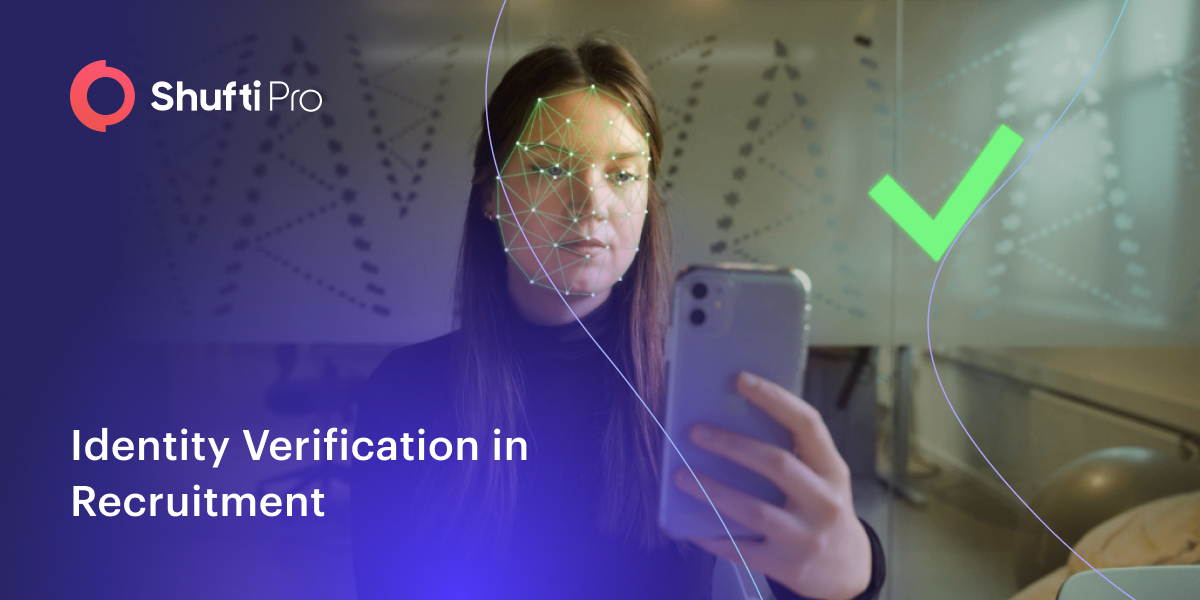 Explore More
Explore More
Blog
Rise of Money Laundering in UAE – How Financial Institutions Can Comply with New Regulations
The UAE certainly earned its spot in the top 10 global financial centers with unprecedented growt...
 Explore More
Explore More
Blog
10 High-Risk Jurisdictions for Money Laundering According to FATF
Innovations like stablecoins and non-fungible tokens (NFTs) created quite the hype in the past ye...
 Explore More
Explore More
Blog, Identity & KYC
KYC/AML Compliance in light of FinTRAC
Witnessing the updated AML/CTF regime; the guidelines by FinTRAC regarding ID verification have b...
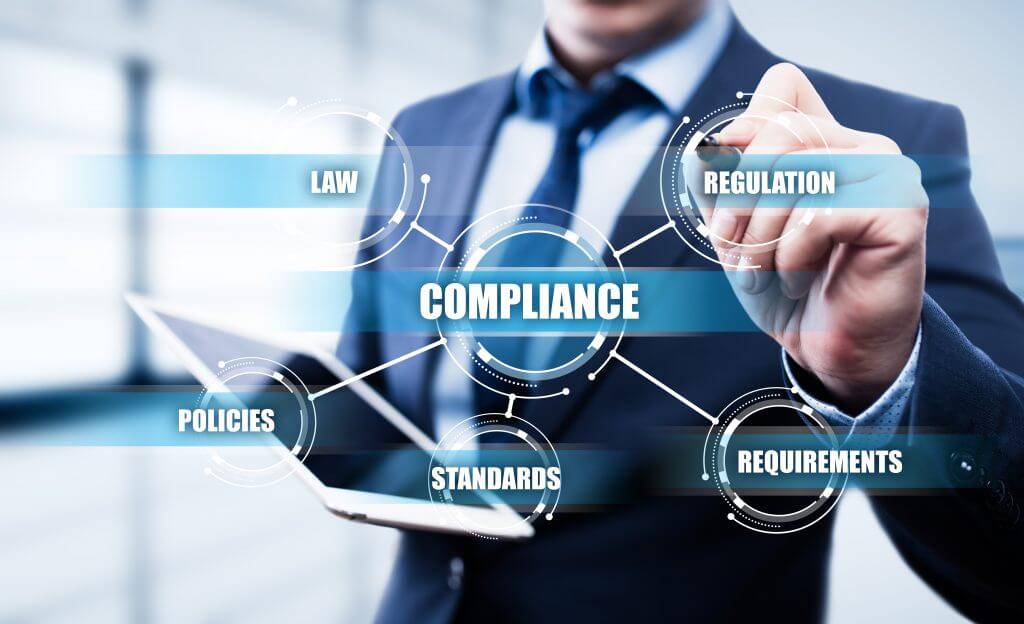 Explore More
Explore More
Blog, Business Technology
What Due Diligence Means for Your Business
Due diligence is a process that helps banks and individuals to get to know in detail who they are...
 Explore More
Explore More
Blog
Shufti’s Bug Bounty Programme: Strengthening Security Via Ethical Hacking
With the avalanche of security vulnerabilities in the verification industry, Shufti is launch...
 Explore More
Explore More
Blog, Identity & KYC
Facial Recognition Technology – Behind The Curtains
Business competition has made security technology critical. There are many innovative security te...
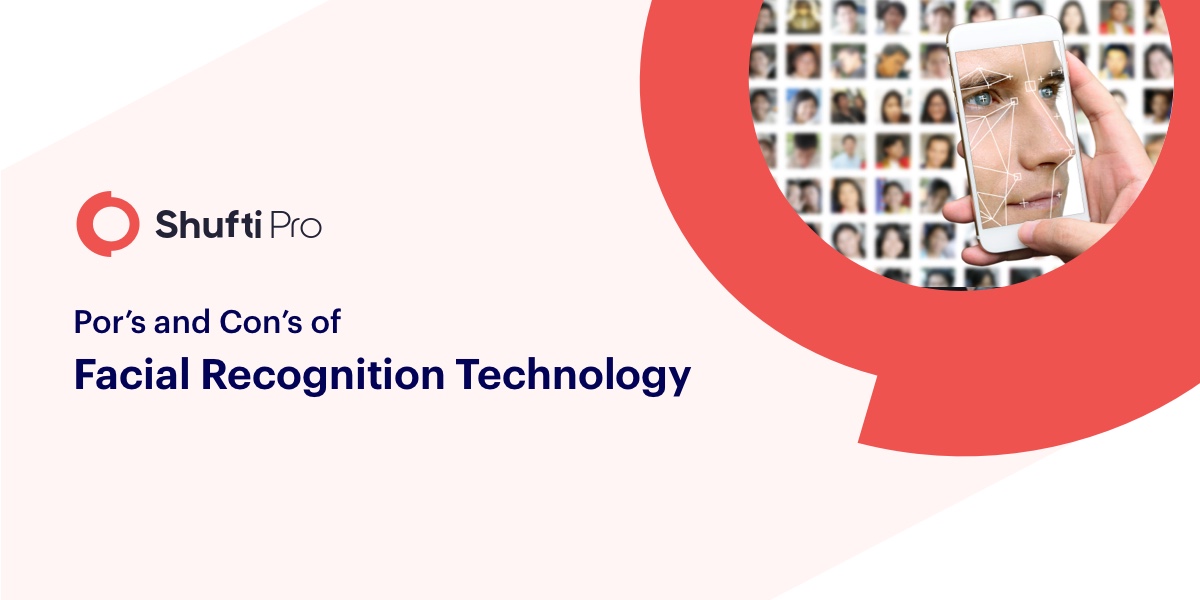 Explore More
Explore More
Blog
Covid Test Verification To Facilitate Tourism Worldwide
Due to the coronavirus pandemic, tourism has been adversely affected and the entire travel sector...
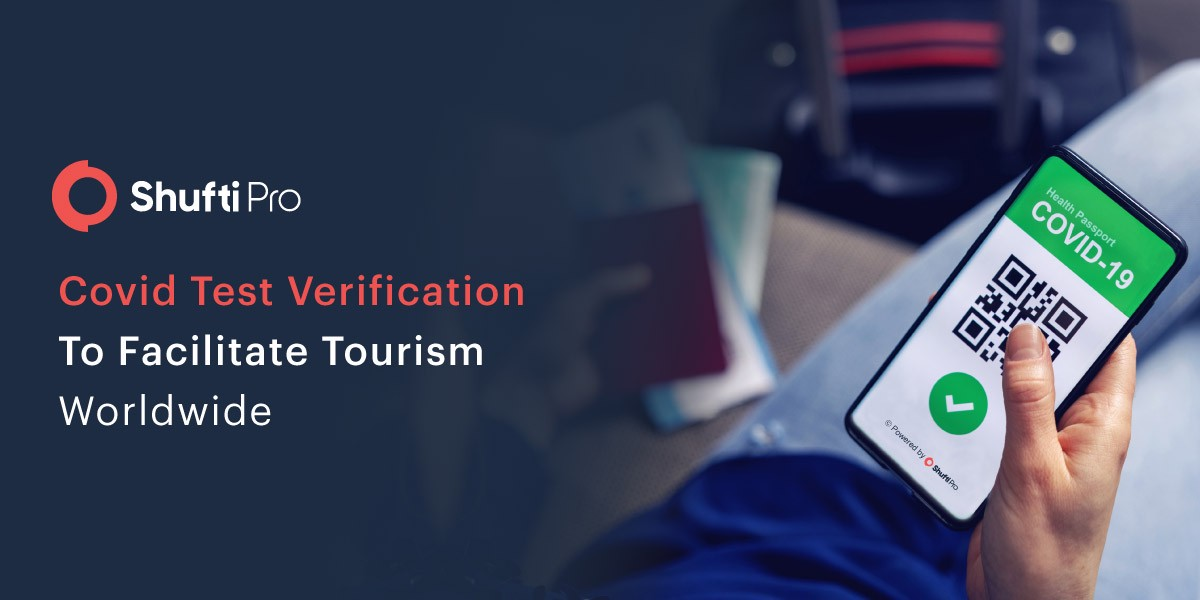 Explore More
Explore More
Blog
Avoiding Billion-dollar Fraud & Non-Compliance Costs With Shufti
Businesses deplete millions of dollars each year on outdated technologies, employee training, and...
 Explore More
Explore More
Blog
Shufti’s Ongoing AML Solution to Prevent Transaction Laundering
Online financial criminals are always finding newer ways to exploit financial infrastructures in ...
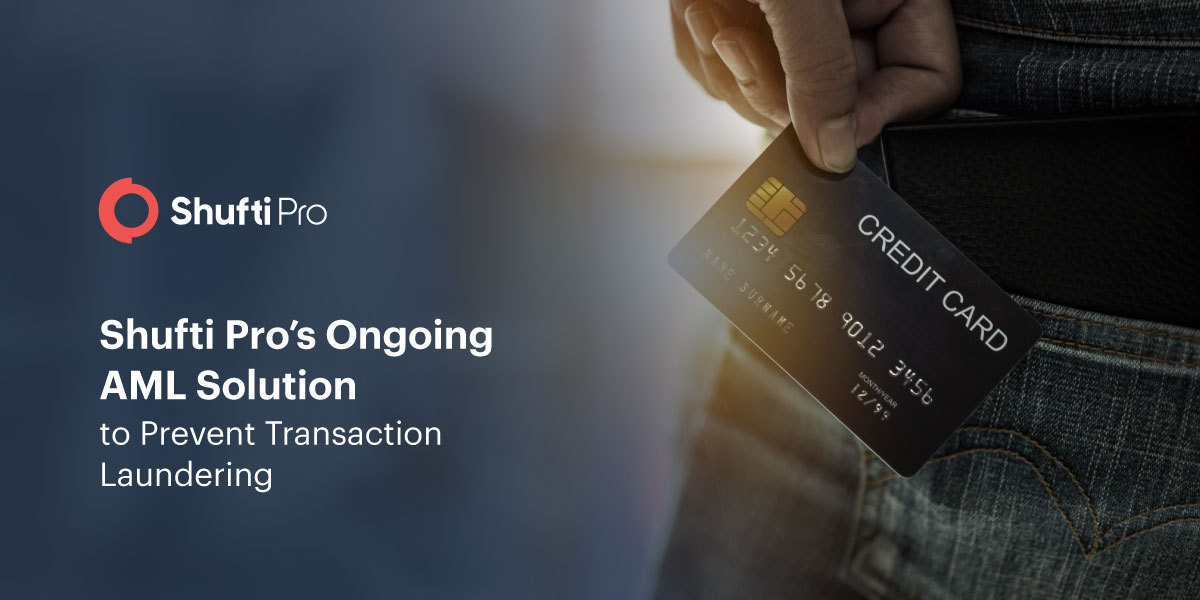 Explore More
Explore More
Blog
Anti-Money Laundering Screening – Enabling Financial Institutions to Handle Suspicious Activities
Financial crime is becoming a global concern, yet it’s often tough to spot. That is why gov...
 Explore More
Explore More
Blog
Transaction Monitoring: Going Beyond AML Screening
Whether you are an accountant in Wall Street or a developer for Google, money laundering will not...
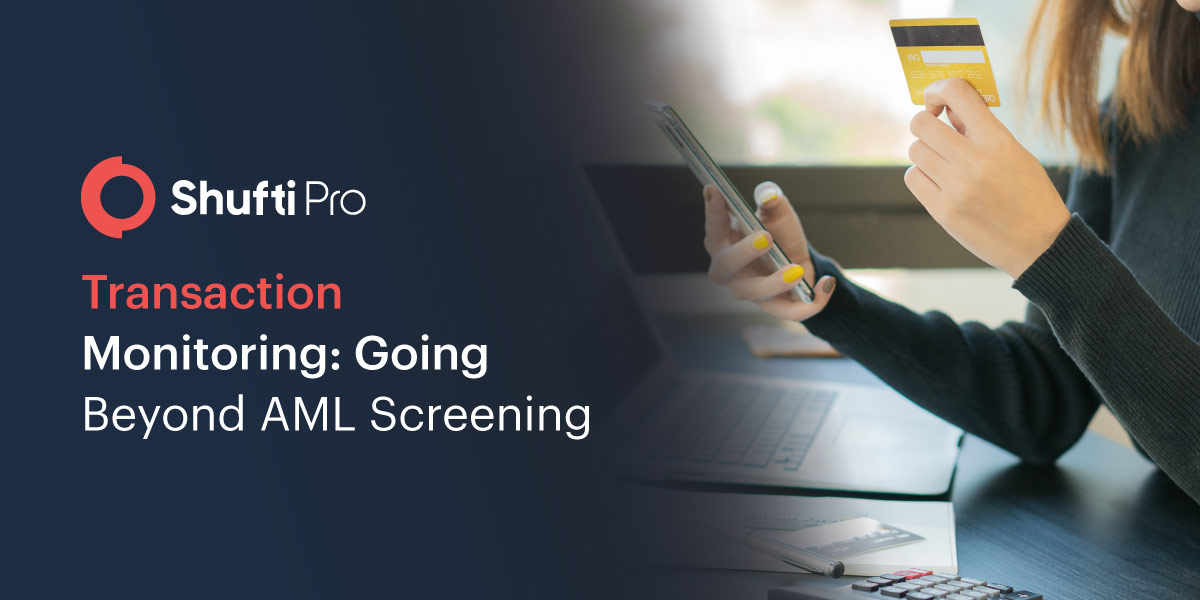 Explore More
Explore More
Blog
The Rising Concern of Financial Crimes in the Metaverse – AML Screening as a Solution
The digital world is evolving at a greater pace than ever before. The Metaverse is considered a d...
 Explore More
Explore More
Blog
Divergent AML/CFT Rules and Cross-border Payment Challenges – What FATF Has to Say?
While addressing AML/CFT requirements for cross-border payments, the global financial watchdog, F...
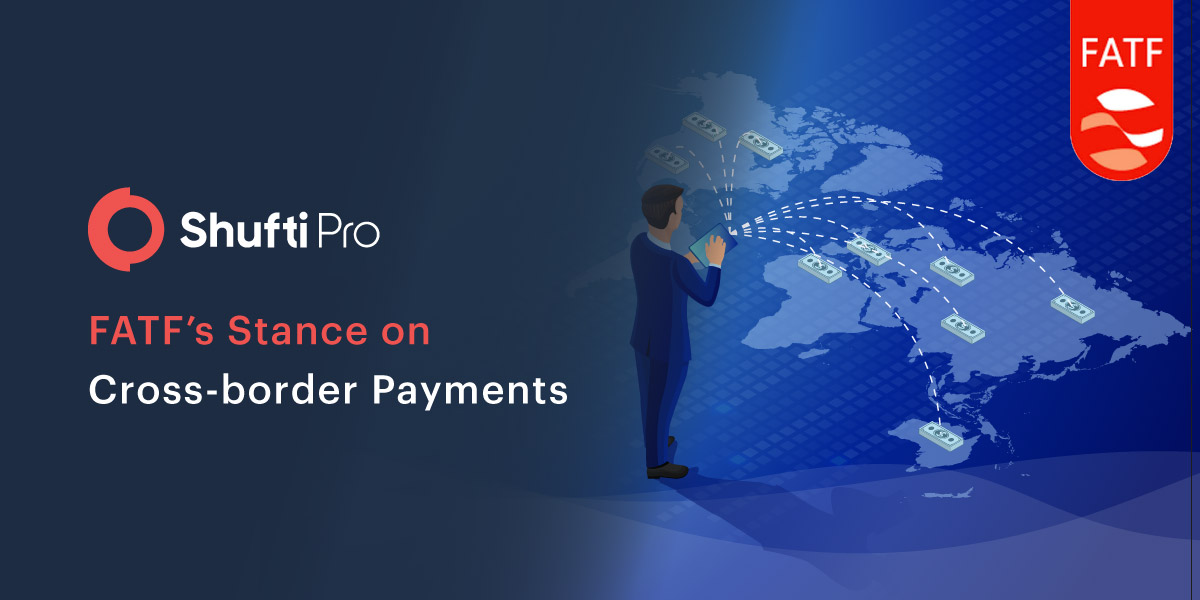 Explore More
Explore More
Blog
Russian Sanctions Evasion – Is the Art Industry the Next Target for Money Laundering?
As regulatory authorities are seizing the yachts and real estate belonging to Russian oligarchs, ...
 Explore More
Explore More
Blog
Business Verification: A new line of Defense against Fraudsters
With the ever-increasing complexities of anti-money laundering (AML) and counter-terrorism financ...
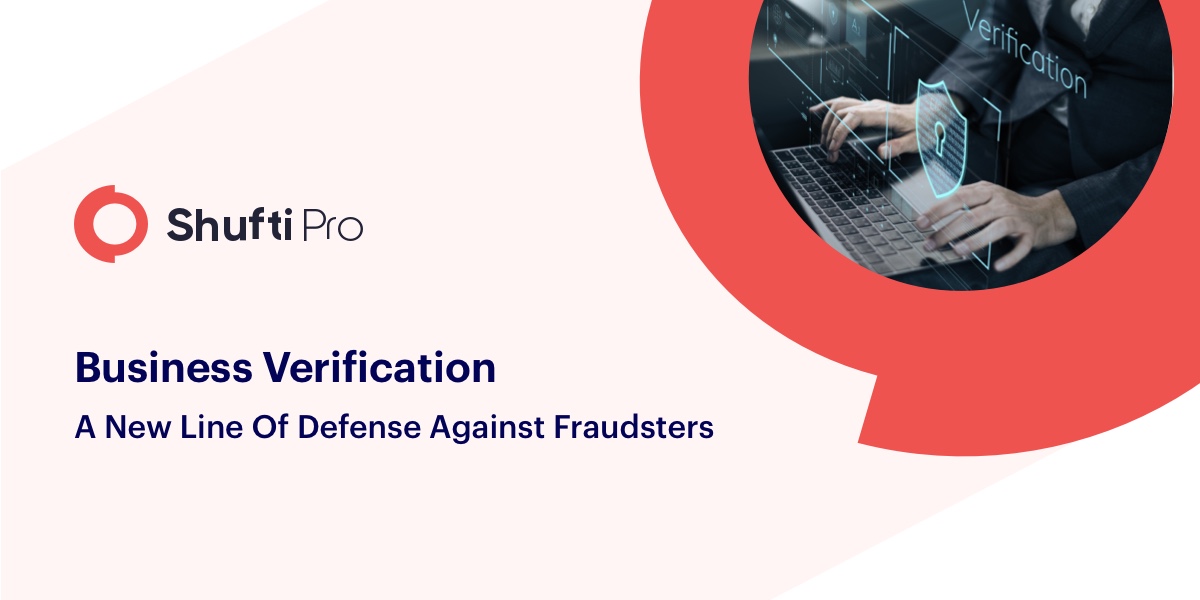 Explore More
Explore More
Blog
Identity Verification – Addressing the Challenge of Fraud in the Telecommunications Sector
Transforming technology, growing digitization, and increased use of online transactions have acco...
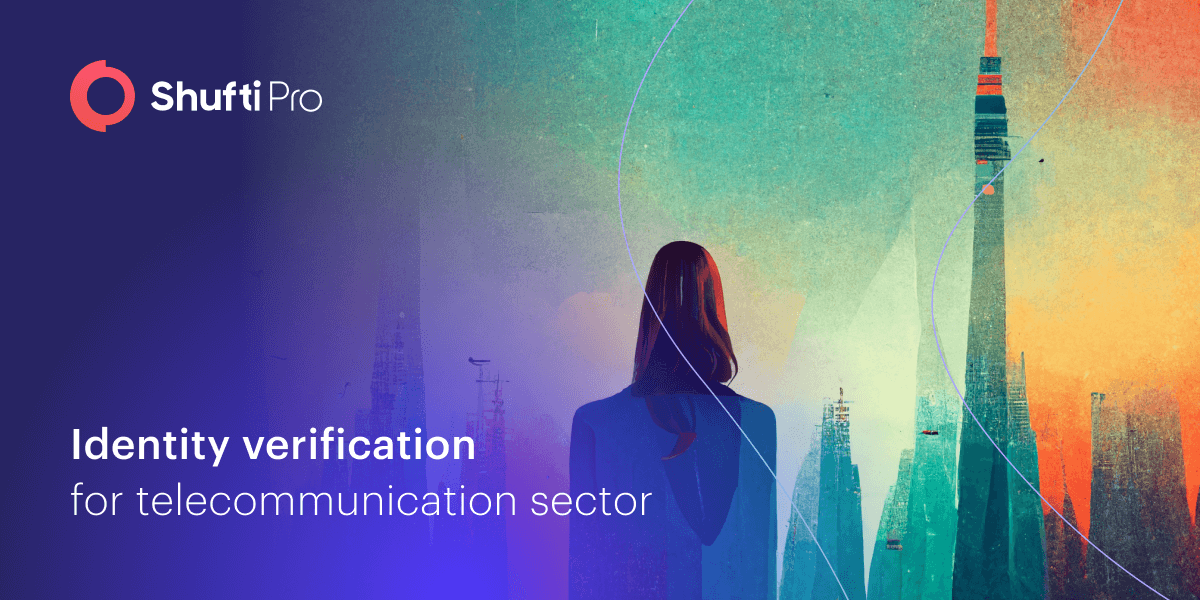 Explore More
Explore More
Blog
The State of KYC/AML Compliance in Commonwealth of Independent States (CIS) Region
Commonwealth of Independent States (CIS) is among the largest regions of the world with numerous ...
 Explore More
Explore More
Blog
Top 7 Gambling Trends to Look Out for in 2023
Going from a few billion dollars to over $81 bn in a matter of a decade is astronomical for any i...
 Explore More
Explore More
Blog
Stablecoin Market and the Role of AML in Safeguarding Digital Finance
With the rapid expansion of the cryptocurrency market, stablecoins have swiftly emerged as a popu...
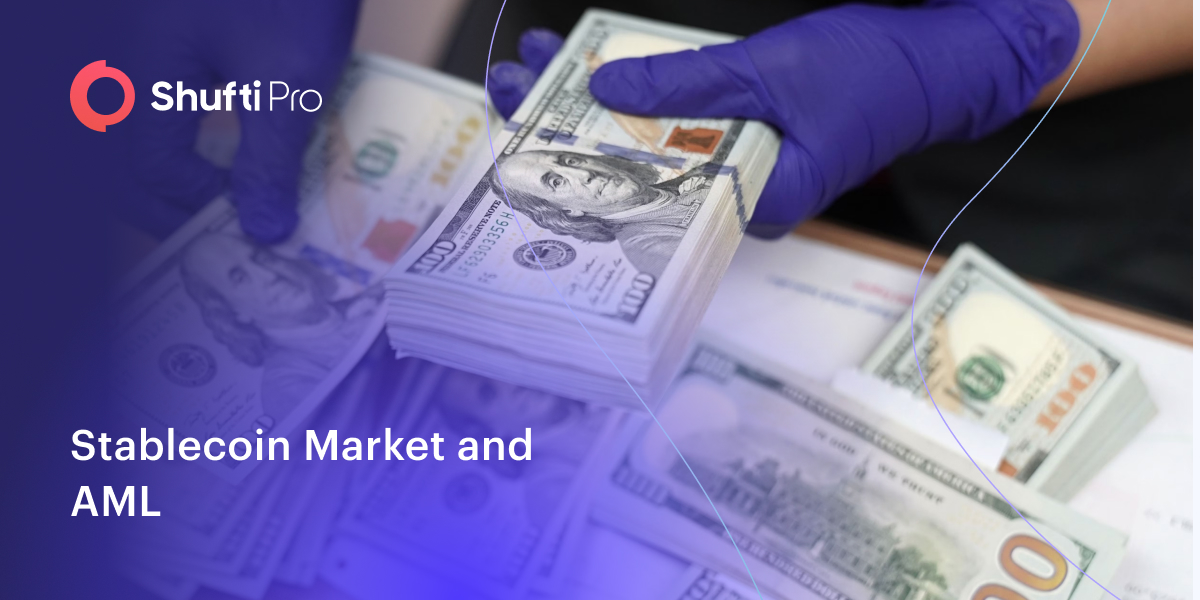 Explore More
Explore More
Blog
E-Learning Platforms and Prevailing Crimes – How Shufti Can Help
The global pandemic is prompting a phenomenal increase in online service. From doing groceries to...
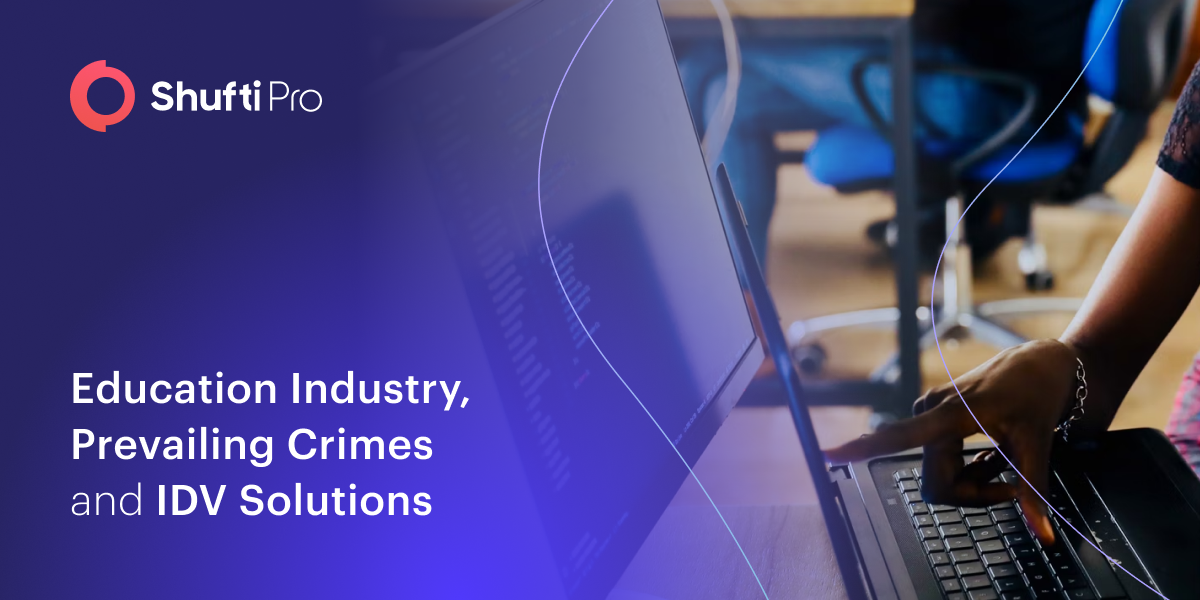 Explore More
Explore More
Blog
International Tax Body to curb Cryptocurrency based Tax Evasion
Tax enforcement authorities from Australia, Canada, the Netherlands, the United Kingdom and the U...
 Explore More
Explore More
Blog
Intelligent Character Recognition (ICR) Software – One step ahead of OCR
What is ICR?
Intelligent Character Recognition (ICR) is an extended technology of Optical...
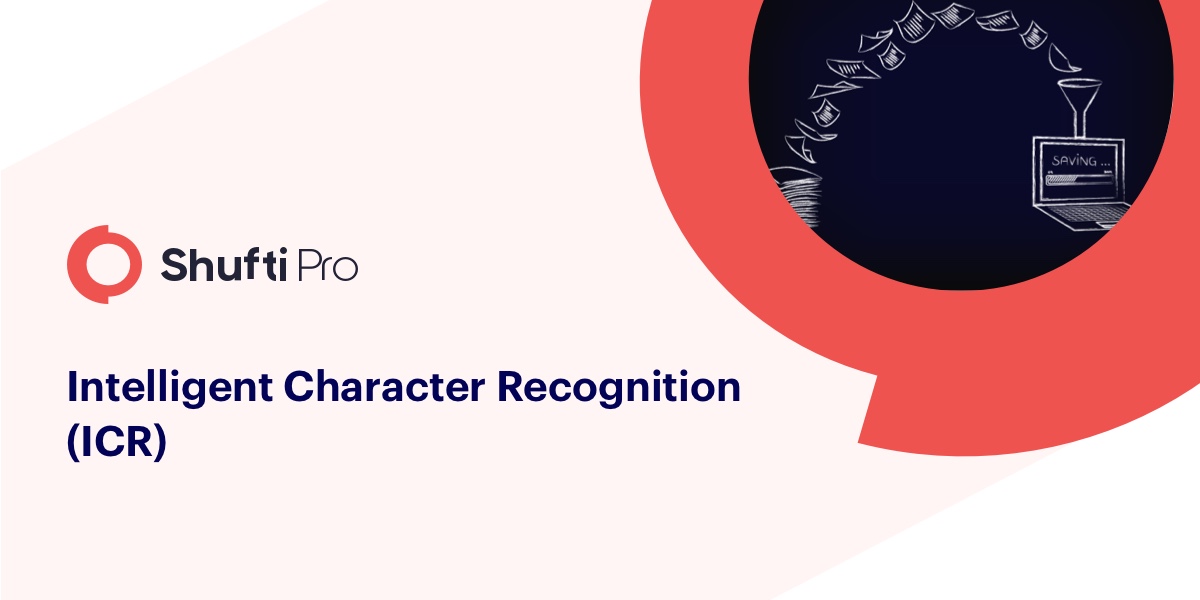 Explore More
Explore More
Blog
Surging Crimes in NFT Marketplaces – Setting New Security Standards Using Shufti’s AML Solution
The emergence of Non-Fungible Tokens (NFTs) has created new investment opportunities for business...
 Explore More
Explore More
Blog
The UK, US & Singapore – A Spotlight on the Crypto Regulations
Non-compliance with anti-money laundering regulations has been an issue for the finance and crypt...
 Explore More
Explore More
Blog
Age Gating VS Age Verification | Enhancing Security for Minors
Age gating was once employed to stop minors from accessing age-restricted content. However, the a...
 Explore More
Explore More
Blog
KYC | How to perform KYC verification in three simple steps
Know Your Customer (KYC) is an identity verification process that plays a critical role in the pr...
 Explore More
Explore More
Blog
Don’t Need AML Compliance? Think Again!
The majority of the businesses believe that they do not need to comply with AML regulations at al...
 Explore More
Explore More
Blog
A Brief Insight into Crypto Regulations in the Asia-Pacific Region
The Asia-Pacific region is one of the areas with the highest rate of crypto adoption. Considering...
 Explore More
Explore More
Blog
Identity Verification with Liveness Detection: The Key to Preventing Spoofing Attacks
Spoofing attacks are not limited to just emails and fake websites. Hackers and cybercriminals hav...
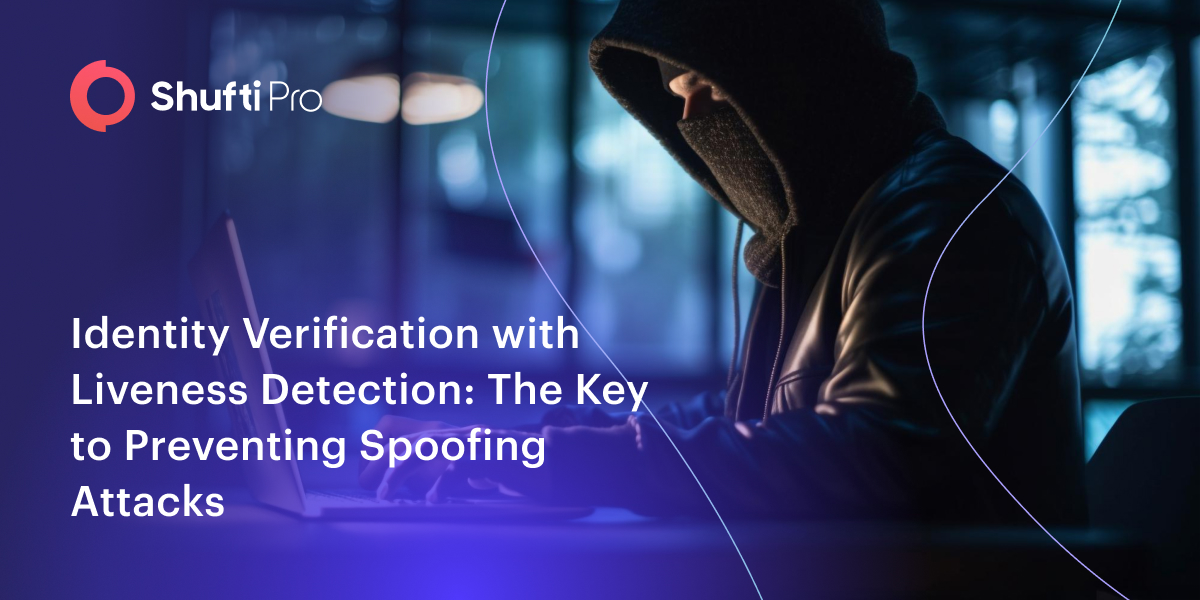 Explore More
Explore More
Blog
Understanding eKYC | The Benefits, Processes & 2024 Forecast
Governments worldwide require firms, such as financial institutions, to know who their customers ...
 Explore More
Explore More
Blog
Talent Acquisition Fraud – Hiring Legitimate Candidates with Identity Verification
Along with the rise in virtual and remote work, the number of cases of recruitment fraud is incre...
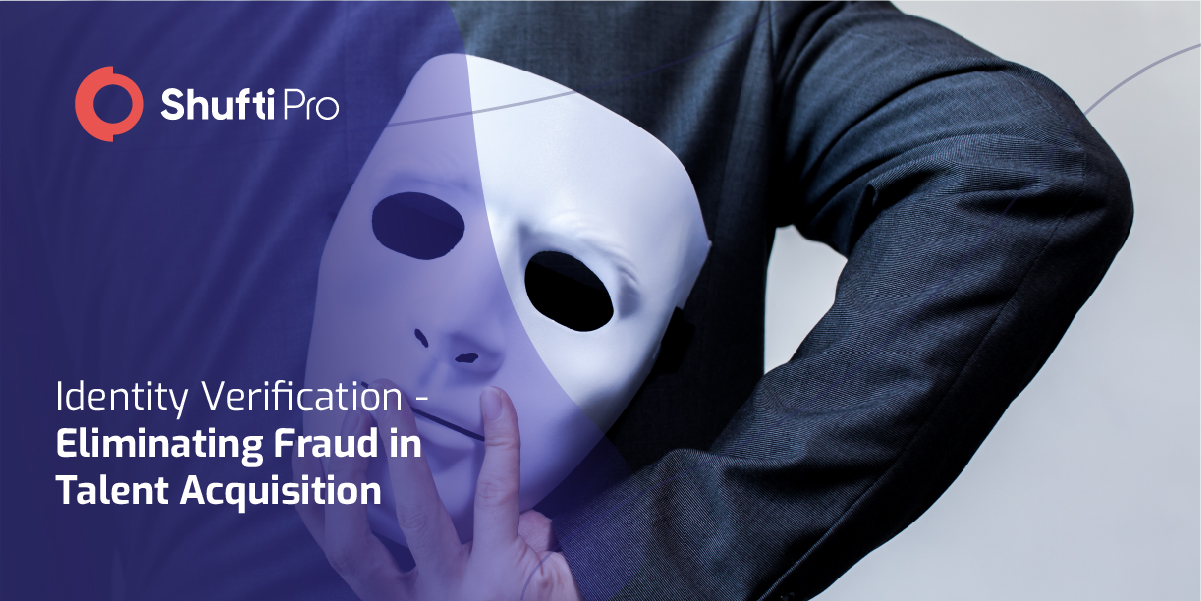 Explore More
Explore More
Blog
Halloween Scams – Watching Out for Tricks, Identity Fraud, and Financial Crime
Halloween is one of the most awaited and celebrated events in a large number of countries across ...
 Explore More
Explore More
Blog
What You Need to Know About Switzerland’s Crypto AML Rules by FINMA
Switzerland is historically famous for being a global hub for gold. However, the new digital gold...
 Explore More
Explore More
Blog, Business Technology
How Blockchain is Making the World a Better Place
Verify identity: The whole world lives online now. Yes, that’s an exaggeration but we are gradual...
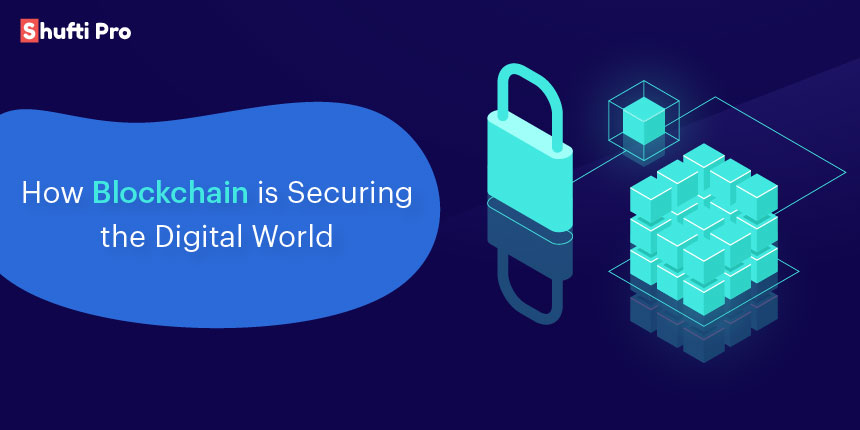 Explore More
Explore More
Blog
Latest Regulatory Updates on KYC Verification for Crypto Exchanges
Even by the standards of cryptocurrency, the volatility exhibited in 2021 has been astounding. In...
 Explore More
Explore More
Blog
AML Screening – Securing Alternative Payment Market and Overcoming Prevailing Risk of Crimes
Escalating demand for innovative, new, and robust alternative payment options across the world is...
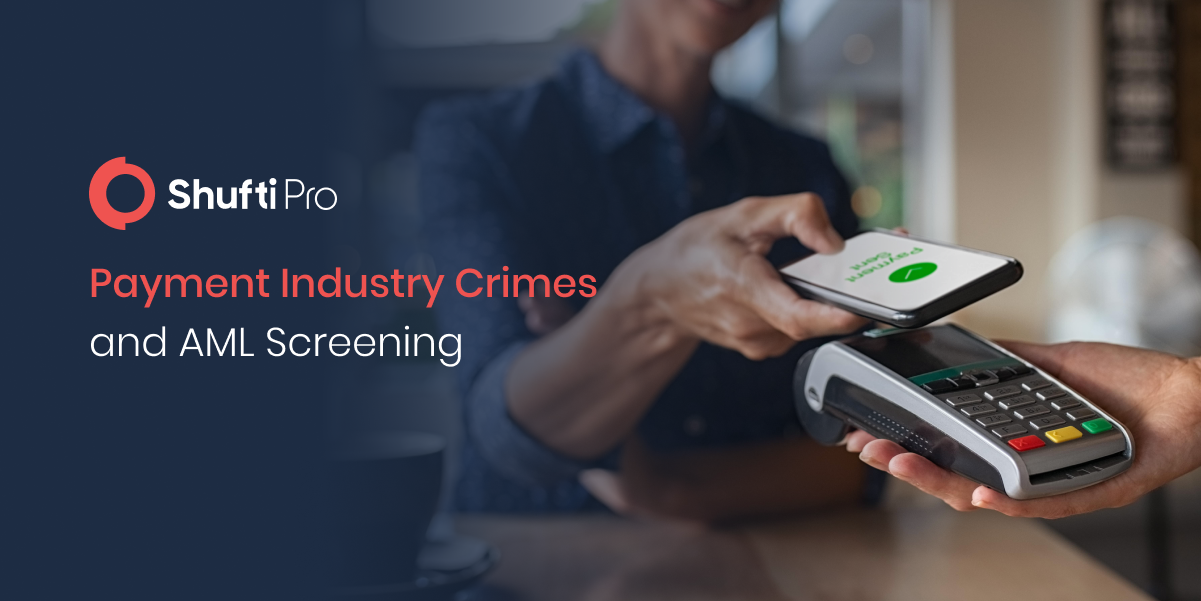 Explore More
Explore More
Blog
Know Your Investor (KYI) – Onboarding the Right Investors for Your Business
In today’s tech-driven world, financial operations are being transformed by emerging digital solu...
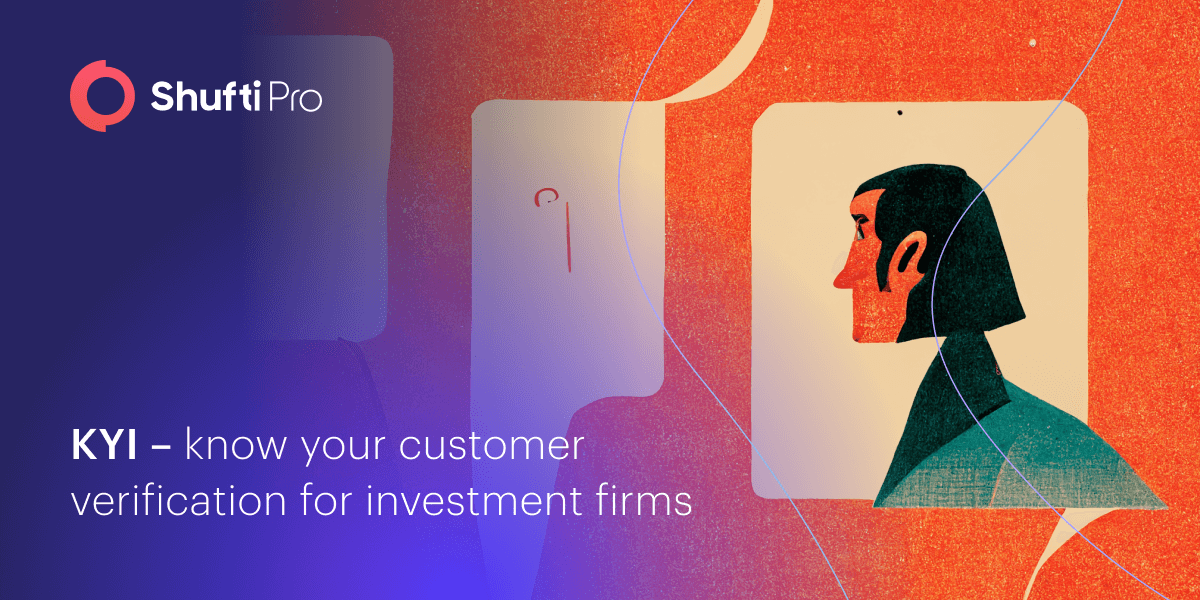 Explore More
Explore More
Blog
Top 5 Frequently Asked Questions about Biometric Verification
Identity theft, data breaches, and other crimes are rising in this age of digitisation. A quick r...
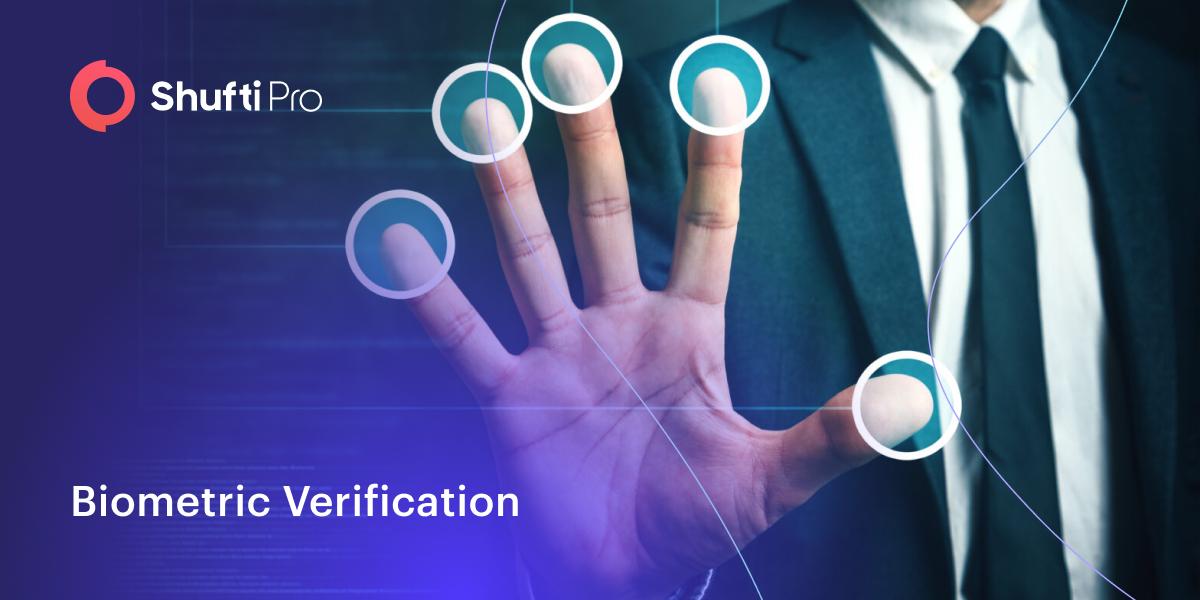 Explore More
Explore More
